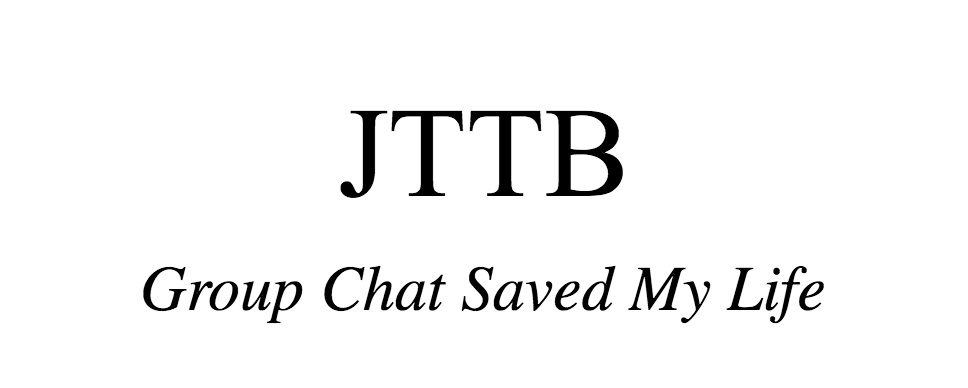The Evening Redness in the West
Violence. It’s always been a touchy subject when it comes to the arts - be it Cinema, Literature, or Theatre, there seems to always be an unspoken line which one cannot cross. Cormac McCarthy takes this imaginary line, and slices your throat with it. His style of prose follows no societal norms, so why should it be a surprise that he treats violence with no respect, allowing the reader to see every grisly detail, with no stone left unturned. Within the first 20-odd pages of ‘Blood Meridian’ (Widely considered to be McCarthy’s best novel, and the main focus of this article) we encounter a hanging, the death of a Reverend, a public brawl, and the close-quarters murder of a barman, finished off by getting a broken bottle through his head. These early displays of unfiltered violence penetrate the reader much like that glass bottle, leaving a bad taste in your mouth, and making you question whether to persevere. I’m around 100 pages in now, ‘The Kid’ remains nameless, and it’s definitely worth persevering with. The plot remains shrouded in mystery, and the violence as frequent as ever, yet there is beauty in the violence.
Let’s take things back a step. I first encountered McCarthy’s work on-screen, without realizing it, when watching ‘No Country For Old Men’ as a young teenager. The violence in that film is sudden, yet often calculated and foreshadowed. Javier Bardem’s Anton Chigurh knows who he will kill, and how he will kill them, all it comes down to is the toss of a coin.
The haircut should tell you all you need to know - this man is dangerous…
Next was ‘The Road’, a far less violent novel, but only because it is set during the apocalypse. I must admit, this one was skim-read, as at the time I could not bear McCarthy’s elaborate descriptions of a post-apocalyptic America. Upon reflection, the passages of excruciatingly detailed prose serve to widen the reader’s worldview within the novel, and help set the scene for later events. This is true of ‘Blood Meridian’ also - the first 30 pages before The Kid links up with Captain White and his Filibusters simply depict him travelling from town to town, murdering people in order to survive. All that these passages serve to establish is the fact that our hero can look after himself, and the aimless, bloodthirsty nature of life in the Old West.
My main point is the fact that McCarthy’s writing style, and visceral depictions of brutality desensitize violence within the reader. After the 5th or 6th victim falls under the stroke of McCarthy’s pen, we, the reader, are kept on edge, knowing that any character can perish at any moment, and that makes us willing to read on, no matter how savage or vicious the events of the novel are. The distinct lack of any punctuation or quotation to denote speech make ‘Blood Meridian’ both at once a difficult read, and also enticingly individual. He rarely names characters, preferring ambiguous labels such as The Kid, the man, or the sergeant. Once again - realistic. The reader would not know these people’s names, so why should The Kid?
McCarthy’s prose reflects his train-of-thought, This is perhaps best shown in the Comanche attack upon White’s ill-fated band of mercenaries. Thinking they are chasing a small pack of horses, they are set upon by a minor army of Natives, who decimate the troop, leaving few alive. The build up to this attack is incredibly well written. Short, detailed sentences descend into a wide sprawl of blood and gore, mirroring the events described on the page, words fly all over the place, like the arrows around The Kid, and everything is so sudden leaving the reader dazed, confused, and wondering what the hell has just happened. The Comanche disappear as quickly as they arrived, and we return to McCarthy’s short, detailed sentences once more. This passage alone is reason enough to invest your time into this man’s work, and I urge more people to seek out his novels, in an age where fictional literature feels so congested and repetitive.
I seem to have become JTTB’s resident arts and culture writer, however, do not fret - fashion pieces are on the way in their multitude.


